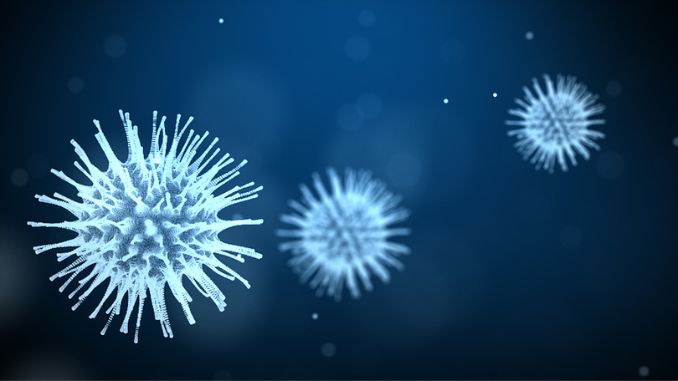Coronavirus is a type of virus that can cause the common cold and more severe illnesses like the SARS and MERS pandemics. These viruses are extremely common, with almost all of us being exposed to them at some point in our lives.
However, due to their potential to cause severe illness in some people, there has also been a lot of sensationalism about coronaviruses that has led to many myths about these viruses being circulated. Understanding what coronaviruses are, how they are transmitted, and how you can protect yourself against them will help you dispel the nine most common Coronavirus Myths.
Understanding Coronaviruses
Coronaviruses are a large family of viruses that can cause diseases like the common cold, stomach flu, and even SARS and MERS. They are spread through droplets from coughing, close contact with infected people, touching contaminated surfaces, or eating contaminated foods like raw oysters and fish. The MERS and SARS coronaviruses can cause severe breathing problems and even death.
Coronaviruses live in the mucus of our respiratory system and gastrointestinal tracts. They can infect most mammals, including humans, birds, and bats. There are many strains of coronaviruses, and they do not mutate in a way that allows the immune system to recognize and fight them off.

1. Alcohol or chlorine sprayed on the skin can kill the virus:
Alcohol or chlorine on the skin can cause harm, especially if it enters the eyes or mouth. Although these chemicals can be used to disinfect, they should never be used directly on the skin.
2. Only the elderly are at risk:
SARS-CoV-2, like other coronaviruses, can infect people of any age. However, older adults or individuals with preexisting health conditions are at risk.
3. Children cannot catch COVID-19:
Again, anyone, regardless of age group, can catch the virus. While most deaths have been people with preexisting conditions and the elderly, critical patients have shown long-term effects.
4. COVID-19 is just like the flu:
SARS-CoV-2 may include flu-like symptoms — aches, fever, chills, cough — both can also lead to pneumonia and death. The death rate from SARS-CoV-2 remains unclear, but the infection rate may be upwards of 20x that of the flu.
5. Everyone with COVID-19 dies:
False. COVID-19 is only fatal for a small percentage of people, although it remains unclear what the rate of death is for the disease. According to the Chinese Center for Disease Control and Prevention, upwards of 90 percent of cases were mild, and a majority of cases an asymptomatic.
6. Cats and dogs spread coronavirus:
False. Medical experts do not indicate that animals, such as cats and dogs, do not spread COVID-19.
7. Face masks protect against coronavirus:
While face masks may not help you, they do protect others. Disposable masks provide little protection for the wearer but help prevent the spread of little droplets.
8. Hand dryers kill coronavirus:
Hand dryers will not kill the coronavirus. The best way to protect yourself is social distancing, quarantining, and washing your hands.
9. You have to be with someone for 10 minutes to catch the virus:
There is no required time to be around an infected person, but the longer you are around someone with the virus, the more likely they are to catch it.

Rick Kaselj MS, is a leading kinesiologist and injury specialist as well as co-creator of the best-selling Unlock Your Hip Flexors program. Rick creates exercise programs that help people heal injuries and eliminate pain, so they can go back to living a full, active, healthy life.



